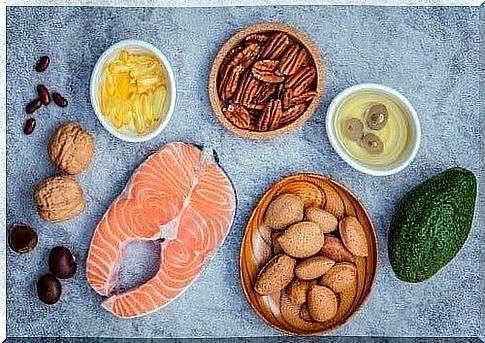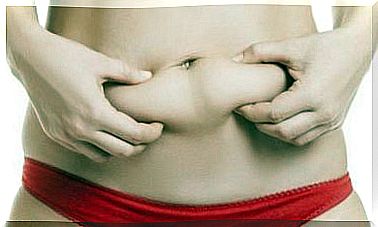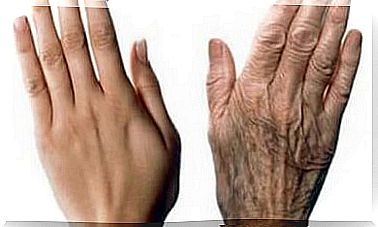The Weight Loss Diet Fails: 6 Reasons

According to a Spanish study on obesity, 80% of people who start a diet end up abandoning it. In order to lose weight, it is therefore necessary to identify the reasons that prevent us from following the diet and to find a solution. The reasons why the weight loss diet fails can be different. Read on to learn more.
Why does the weight loss diet fail?
If you have adopted a diet plan, you may have already asked yourself this question. One study has shown that when starting a diet, two out of three people not only do not lose weight, but end up with a few extra pounds.
As a result, the frustration and vicious cycle that one enters makes the diet a roller coaster, with negative effects on metabolism and mood.
1. Stop eating healthy fats

This could be the main reason a diet fails. Some nutritionists suggest the link between obesity and an imbalance in the consumption of omega-3 and omega-6 fatty acids.
The ideal would be to consume approximately the same amount of omega-6 and omega-3. When we eat large quantities of processed foods, often rich in vegetable oils and unhealthy fats, the consumption of omega-6 fatty acids is too high compared to that of omega-3.
Stopping eating omega-3 rich foods can lead us to overeat. If the body does not get a full meal, it will continue to crave fat, so we will eat more.
2. Calorie deficiency
As the body works to maintain a steady weight, if we don’t provide it with enough food, it will starve for nutrients. When this occurs continuously, a survival response is activated: we slow down the metabolism to conserve resources.
The body intelligently saves on calorie expenditure. In fact, he doesn’t know when he will have access to the nutrients he needs. It is the mechanism that keeps us alive when food is scarce.
In this way, paradoxically, consuming few calories can lead us to gain weight because the metabolism goes into “survival mode”.
3- Protein deficiency

Many people believe that legumes are very caloric foods and, therefore, to be avoided. However, it is an important source of slow-absorbing carbohydrates that leave a prolonged sense of satiety. THE
In addition to this, being rich in proteins, they allow the development of muscle mass, our “fat burning” tissue.
4- Too much physical activity
Exercising regularly is very important, but 30 minutes a day of moderate activity is enough. On the contrary, too intense physical activity tends to activate a stress response in our body.
If this happens repeatedly, it can cause the body to go into a state of chronic stress. The immune system relaxes and the stress hormone cortisol is released, which can contribute to weight gain. Cortisol is also associated with immune, depressive and infertility disorders.
5. The weight loss diet fails due to too much stress

Overdoing exercise isn’t the only way to trigger a stress response in the body. Constantly worrying about food, counting calories, and losing the taste for eating are equally stressful.
Instead of adapting to the rules of a strict diet, simply try to eat healthy foods that satisfy the palate.
6. The weight loss diet fails when it is unsustainable
A weight loss diet usually imposes strict rules, which means that in the long run it cannot be maintained. Rather, we must learn to eat healthy.
Instead of wasting time tricking your body at the expense of your central nervous system or health, indulge it naturally. Continue to provide food that is enjoyable and that can give energy and vitality.
A constant supply of nutrients keeps blood sugar levels stable, guaranteeing the ability to concentrate and mental clarity.
Learning to eat healthy, without “dying to do” means making smarter and more conscious decisions on the quality of food and not just on quantity. The ones seen in this article are 6 reasons that can hinder a diet. Now that you know them, you cannot fail. Forbidden to surrender!









